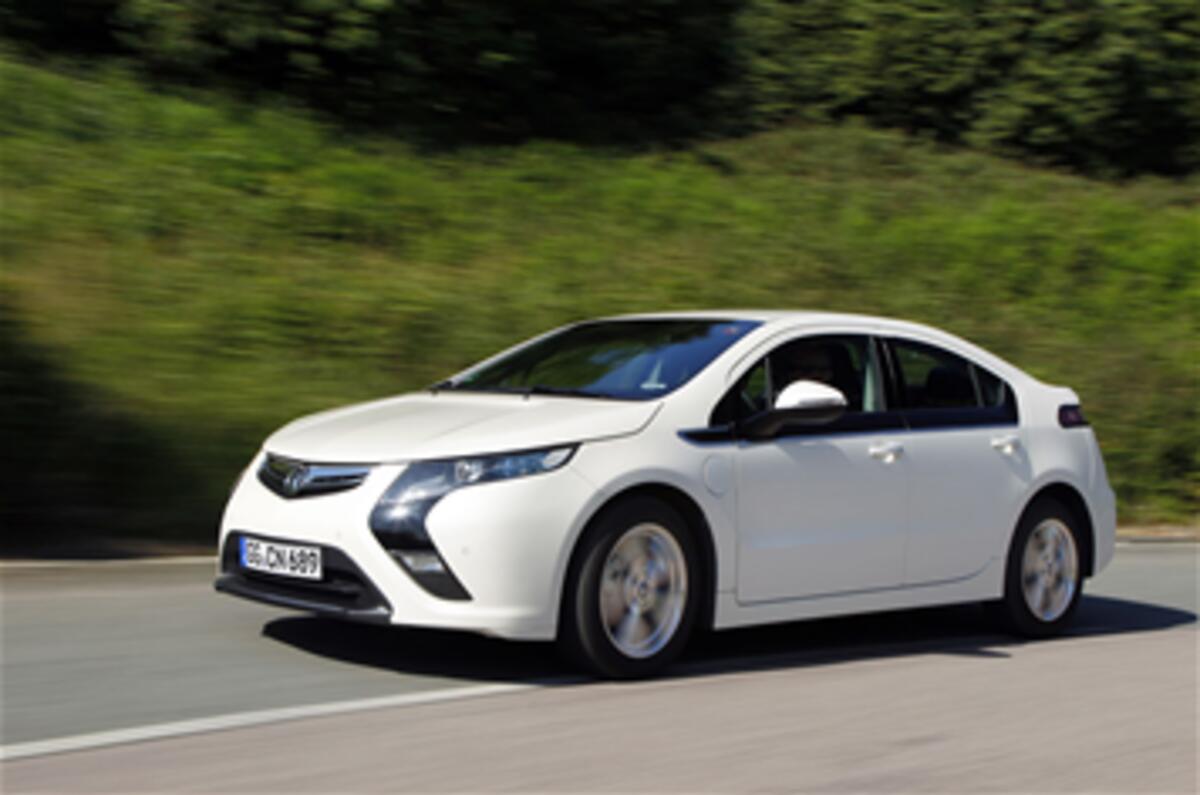The Royal Automobile Club’s inaugural Brighton to London Future Car Challenge, a showcase for green cars taking place on 6 November, will feature nearly sixty zero or low emission vehicles.
The closing date for the event was 30 September and the majority of major manufacturers, including BMW, Citroen, Fiat, Ford, Mini, Mercedes-Benz, Mitsubishi, Renault, Skoda, Smart, Tata, Toyota, Vauxhall and Volkswagen, will be represented.
Read more about the inaugural Brighton to London Future Car Challenge
Highlights will include the Vauxhall Ampera and Gordon Murray driving his own T25 three-seater city car.
The event will run on the 60-mile route from Brighton to London but in reverse, starting from Madeira Drive in Brighton and finishing in London’s Regent Street.
The Brighton to London Future Car Challenge is not a race, but there is an optional challenge to use the least energy within a given time.
Mr Cussons, Chairman of The Royal Automobile Club Motoring Committee, said: “We're confident this will be the largest, most public, showcase for low energy vehicles that has ever taken place in Europe.
“[It] is therefore just as significant as The Royal Automobile Club’s world famous London to Brighton Veteran Car Run which takes place the following day.”





Join the debate
Add your comment
Re: Entries set for green challenge
Surely this is a prank? Petrol is a liquid at room temperature. You can store and transport petrol/diesel in nothing more sophisticated than a metal can. Hydrogen on the other hand needs to be refrigerated to -257C and stored in a container capable of withstanding serious pressure and even then it slowly leaks away. You can't use an existing fuel tanker or station to distribute hydrogen. There is no existing infrastructure to deal with it.
Electricity on the other hand does have an existing infrastructure to distribute it. To almost every home in the land, let alone just fuel stations. Just follow the wire coming out of the back of the computer you're viewing this on and you'll see what I mean.
Re: Entries set for green challenge
Yep, I did. But think that you do not have to go back to re-invent the wheel. You don't have to re-educate people about things.
and the huge ineffiecient batteries. All the extra vehicle weight and infracstructure to support and charge them.
Don't forget, we have a massive petrol/diesel distribution infrastructure, adding hydrogen to that won't be a big ask - as opposed to constructing a brand new charging infrastructure (homes, commercial premises, car parks etc etc)
Re: Entries set for green challenge